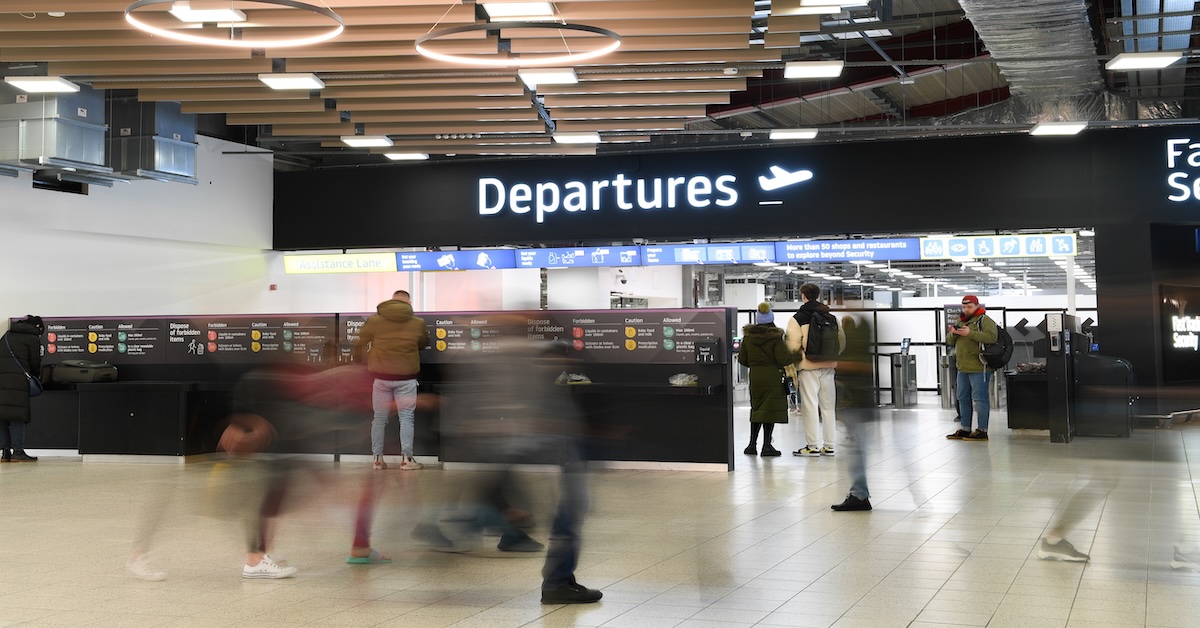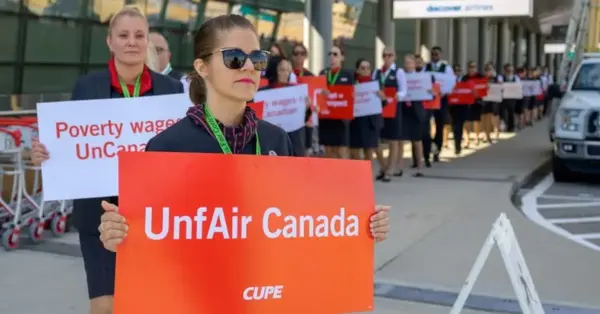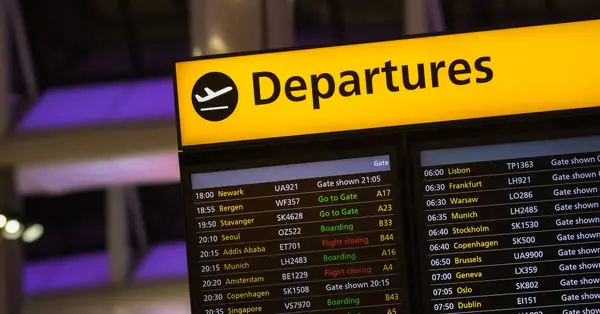Holidays the ‘exception’ as consumers cut leisure spend

Holidays are likely to remain immune from a reduction in non-essential consumer outlay in the current economic climate, the latest Deloitte Consumer Tracker projects.
However, there is likely to be a continued focus on securing value for money.
The report said: “Our data shows that consumers intend to spend less across nine out of 11 leisure categories in Q1 2024, with an exception being the long and short holiday categories.
“This suggests that despite the cost pressures, consumers continue to prioritise spending on travel.”
The majority of consumers (57%) intending to travel abroad on a holiday are likely to book all-inclusive trips, according to a consumer survey for the Deloitte Travel Weekly Insight Report 2023-24. The same survey also reports that 60% of consumers are expecting to take a domestic holiday in 2024.
“Overall, as ‘revenge’ travel post-pandemic abates, we are likely to see more consumers in the year ahead holidaying closer to home, reducing the length of their trip, seeking cheaper flights or plan holidays outside of the peak season,” the Deloitte Tracker added.
“The travel, hospitality and leisure sectors will be expecting a return to more normal performance patterns in the next 12 months, barring any major unforeseen events.
“The pent-up demand has largely worked through the system and near-full levels of capacity in supply have returned.”
The third quarter of 2023 saw “sustained demand for holidays”, despite inflationary pressures on budgets.
“Encouragingly, net spending on holidays in Q4 was higher than the levels of net spending seen for the same period a year ago,” the report added.
Looking forward, the Tracker said: “Despite real incomes rising since June 2023, consumers continue to make up for the shortfall experienced in their purchasing power while inflation was running higher than wages.
“In addition, with the lag effect of rising interest rates, geopolitical uncertainties and the prospect of a general election, consumers are likely to remain cautious for at least the first part of 2024.
“Conditions could improve in the second half of 2024: reductions in national insurance, possible tax cuts in March’s budget and inflation expected to ease further should continue to support rising real income and lead to households starting to spend more in the bigger-ticket discretionary categories.”
You have viewed both of your 2 free articles this month as an unregistered user
To continue reading, please register with Travel Weekly free of charge, or if you have already registered click here to login

















